Claude for Education
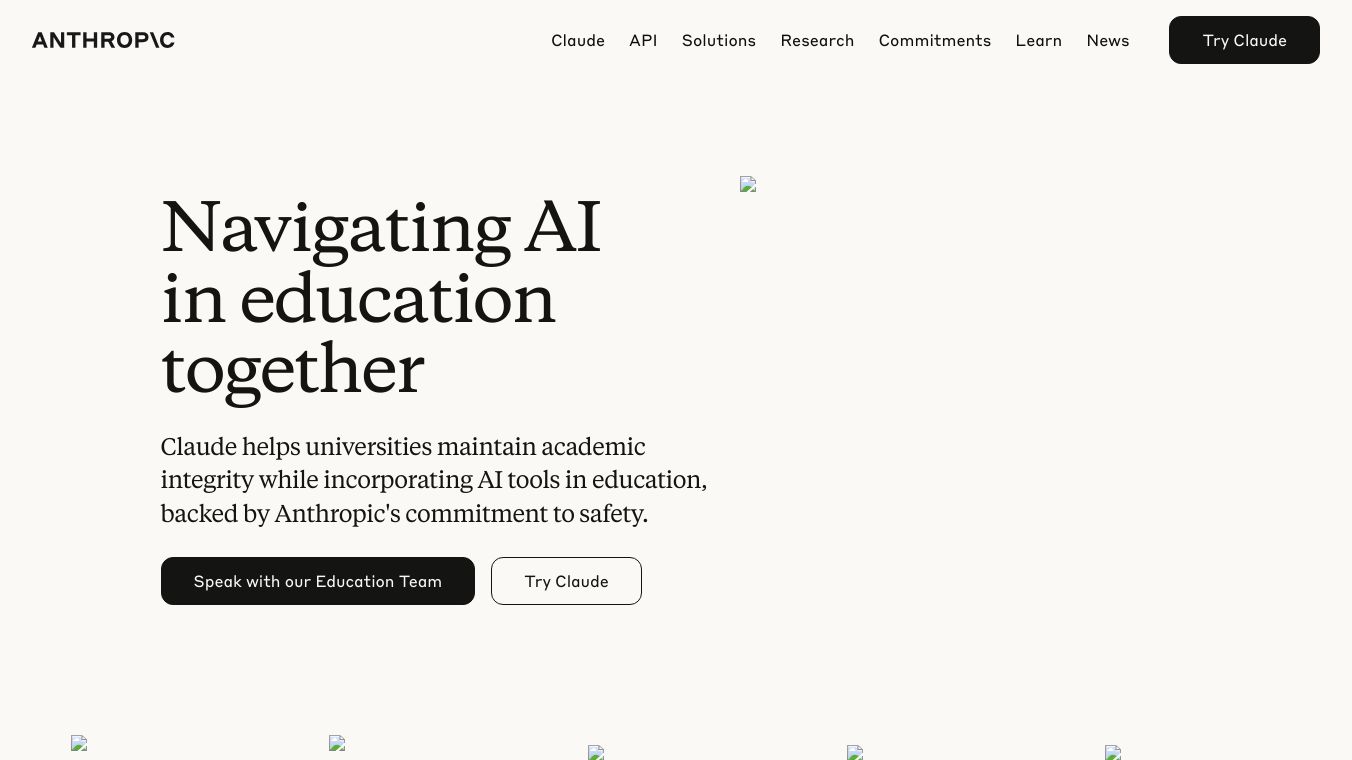
Claude for Education is a special version of Anthropic''s AI model made for higher education institutions. It was introduced on April 2 to help universities improve teaching, learning, and administration with AI.
Benefits
Claude for Education offers many advantages. It provides secure and reliable AI access for everyone in the academic community. It helps students draft literature reviews with proper citations, solve calculus problems with step by step guidance, and get feedback on thesis statements. Professors can create rubrics aligned with specific learning outcomes, provide individualized feedback on student essays, and generate chemistry equations of varying difficulty. Administrators can analyze enrollment trends and automate email responses to common inquiries.
One of its key features is the Learning Mode. This mode encourages independent thinking by prompting students with questions like How would you approach this problem? Instead of giving immediate answers, it helps students think critically. It also highlights fundamental principles behind specific problems and offers templates for research papers, outlines, and study guides.
Use Cases
Claude for Education can be used in many ways. Students can use it to help with their assignments and research. Professors can use it to create teaching materials and provide feedback to students. Administrators can use it to manage tasks and communicate more efficiently.
Additional Information
Anthropic has partnered with Northeastern University, London School of Economics and Political Science, and Champlain College to make Claude available to all students at these institutions. Northeastern University is also a design partner, helping Anthropic develop best practices for AI integration and AI powered educational tools.
To help universities use Claude, Anthropic is partnering with Instructure, the company behind the popular education software platform Canvas, and Internet2, a nonprofit organization providing cloud solutions for colleges. Anthropic is also starting new student ambassador and AI builder programs to help more students use AI. A 2024 survey by the Digital Education Council found that 54 percent of university students use generative AI weekly.
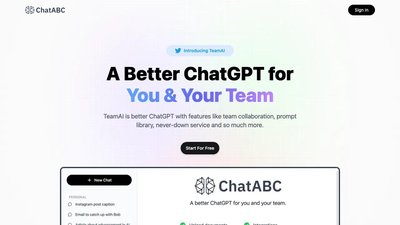
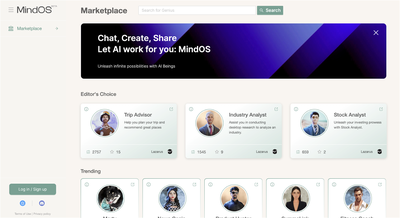

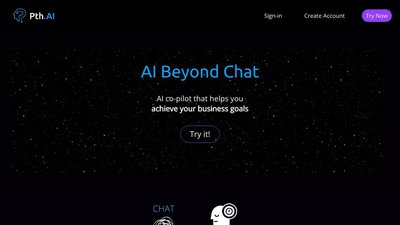
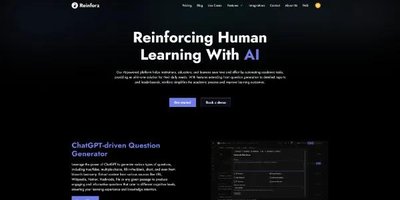
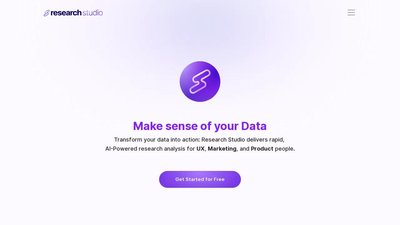
Comments
Please log in to post a comment.